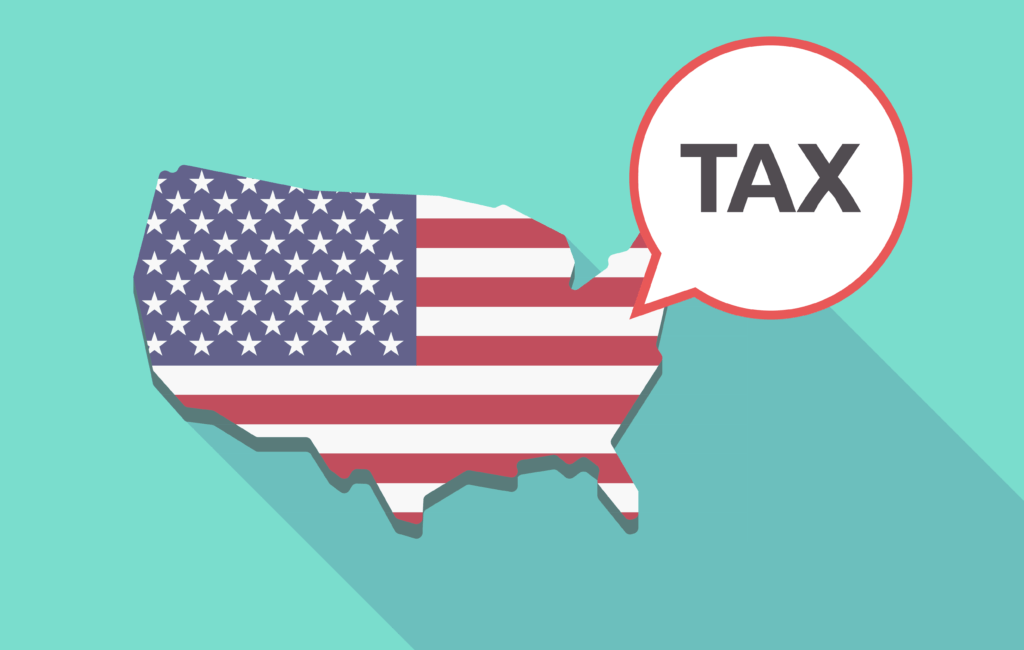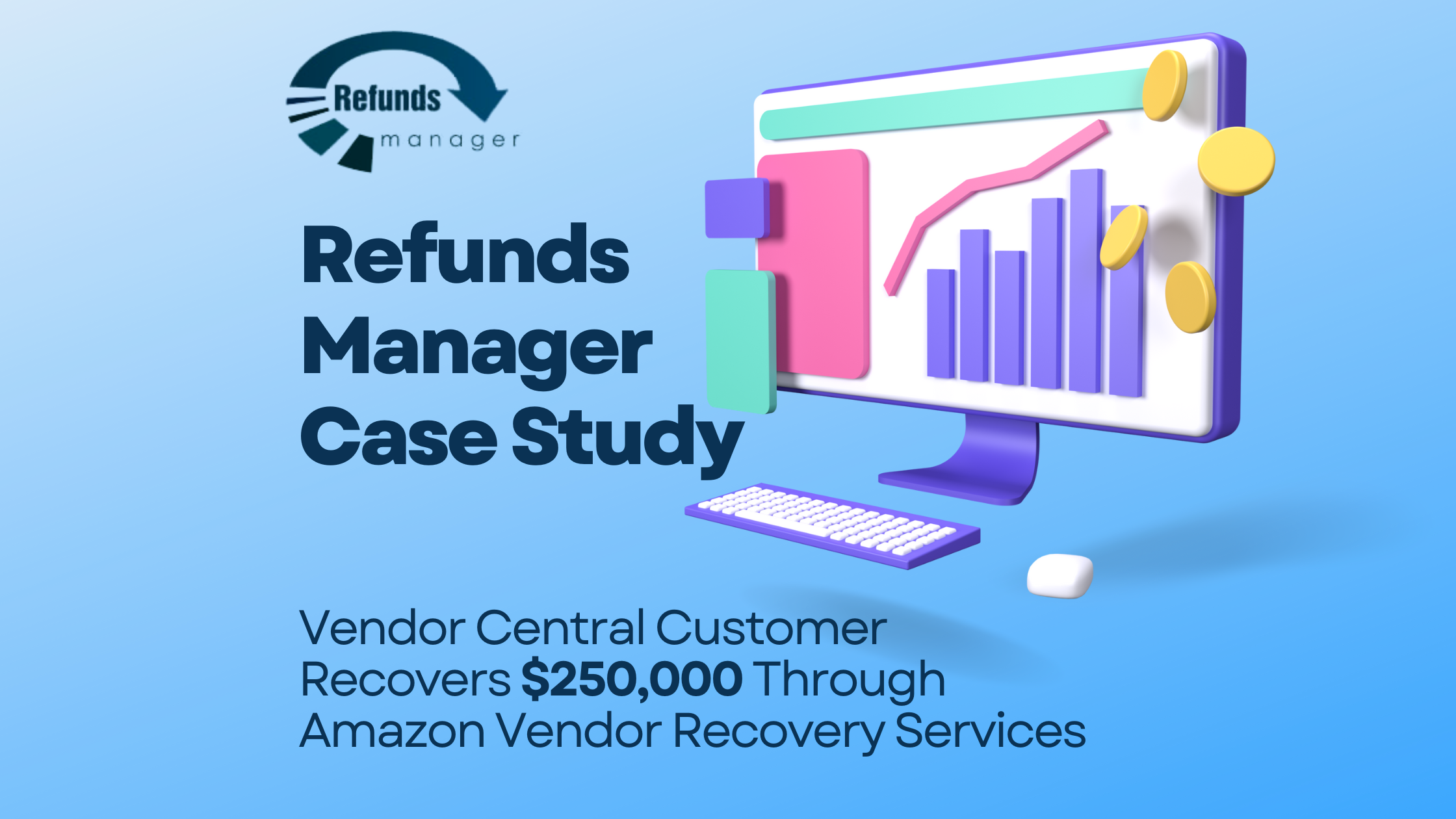
A sales tax resale certificate is a form that confirms a retailer’s right to not pay sales tax on items they are buying and intend to resale. The idea is that even if an item is supposed to be taxable, a buyer who is going to be reselling the product can collect the sales tax during the final retail transaction. This allows resellers to buy more product with less capital. It also streamlines the tax collection process for the state.
Table of Contents
ToggleHow Do I Use One?
To get a resale certificate, you first have to be registered to collect sales tax with your state. (Remember, you’re going to be collecting sales tax when you resell the items.) Each state has its own application process, which you can find on its website. In many cases, there will also be an opportunity in the application process to request a resale certificate. But sometimes, just having a sales tax permit means you also have a resale certificate. Then, depending on the state, you’ll either be given access to blank resale certificates or given instructions on how to request a certificate for each wholesaler you work with.
Resale certificates should be presented to the wholesaler during the transaction. They will take the original and perhaps give you a copy back. Then, they will continue your transaction but your total will not include state sales tax. Depending on your state, you can use one resale certificate on all transactions with that vendor and you only need to update it when your license renews. However, in some cases, you may be asked to present a certificate for each individual sale.
What Do I Do If I Receive One?
If you’re the retailer being presented with a resale certificate, it’s your job to authenticate it. In some states, there are online verification systems but in many cases you’ll be verifying the certificate based on the information on it. It should be filled out completely and match the information of the buyer.
You must accept a resale certificate in “good faith.” This is just means that you have no reason to not believe the certificate is not being used in the manner it’s supposed to be used. So, if you know that buyer doesn’t intend to resell the goods or isn’t buying something they have tax exemption for, you can’t accept the certificate.
Once you verify the certificate, you should complete the sale without the sales tax. Then you should keep the original certificate in your records in case you need to provide documentation that the sale was tax exempt.
What If I Have More Questions?
Resale certificates aren’t super complicated but there may be a time when you need more information about the process. This is especially true because each state handles its own sales tax and can have differing rules. The best way place to get more information is to contact the state in question.
Most have basic information to help you on their websites and all of them will have contact information to have your questions answered by a staff member. This list of state websites will get you started. Just remember that even though it may take longer to get a reply, it’s always best to get your answers in writing for your records.
Do you have questions or something to say about using and accepting resale certificates? Start the conversation in the comments!
About the author
TaxJar is a service that makes sales tax reporting and filing simple for more than 10,000 online sellers. Try a 30-day-free trial of TaxJar today and eliminate sales tax compliance headaches from your life!



